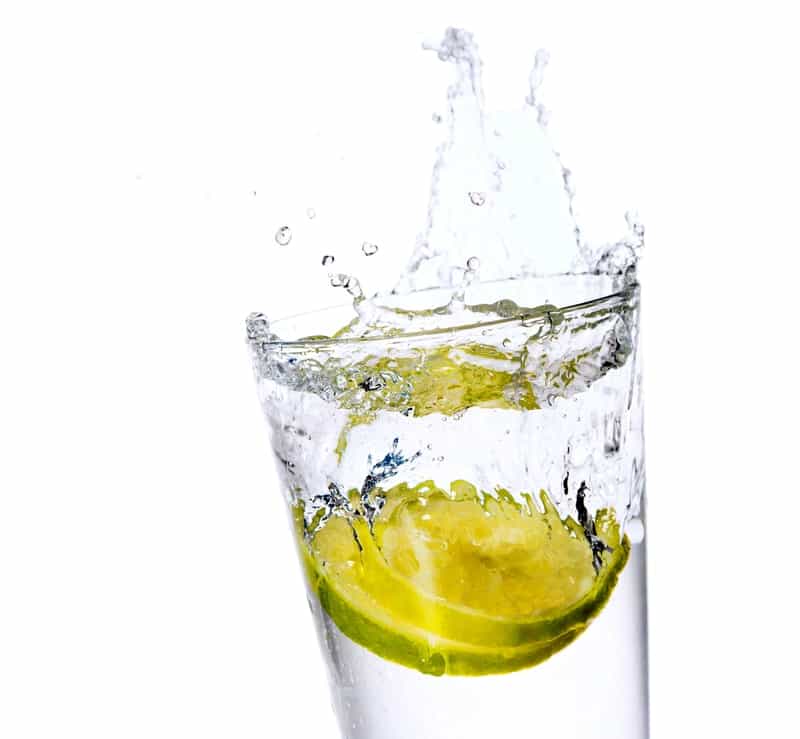Why don’t people believe us when we say we’re only 30? How do they know we’re not? And why can two people the same age look and feel totally different? Some people reach 80 with a similar health status to the average 50-year-old. Others experience extensive physical decline by the age of 60. The number of candles on our birthday cake is not a reliable indicator of our biological age. To determine our biological age, we need to look at a range of factors covering physical, mental and functional parameters and compare them with other people the same age. The more comprehensive the choice and assessment of parameters, and the more often they are measured, the better we are able to predict the cumulative effects of aging, and ultimately control the outcomes.
No consensus exists on a standard set of aging biomarkers or their role in determining outcomes in individuals. Anti-aging practitioners have traditionally considered the risk factors and early signs of disease as the most convenient way to measure biological age. However, while the presence of disease is important, the absence of disease does not guarantee quality of life or longevity. Biological age is also not the same thing as our health status. However, the healthier we are, the more likely we are to be ‘biologically’ younger than if we were unhealthy. There are many things we can do to be more healthy, and to have a positive impact on aging. We can appear healthy, preserve our structures and functions, our looks and our strength, but we may be losing our reserves. Biological age looks at current functions, as well as how much we’ve got left in the tank. With this knowledge, we can anticipate, and potentially control, what happens next!
How old am I really?
Assessing some of the factors that drive our aging can be very useful. For example, levels of oxidative stress, inflammation, stress or hormone levels can help us determine why we are aging and provide specific targets for intervention. These and other tests are paramount to understanding how rapidly we are aging and indeed whether our interventions and therapies are actually working. However, while we can use these tests to help optimize our aging, they are not a measure to tell us how old we are.
The decisions surrounding which tests to use are complex and specific to each individual. These choices are best made in concert with our health practitioner, and with a plan to act depending on the result. Knowing our age is a waste of money unless we use it to slow aging. Don’t be tempted to go it alone or buy tests over the internet.
Last Reviewed 03/Mar/2014
Dr Merlin Thomas
Latest posts by Dr Merlin Thomas (see all)
- How to increase DHEA levels - 28/09/17
- Testosterone supplement benefits & risks - 11/07/17
- Health effects of tea & coffee - 10/07/17
